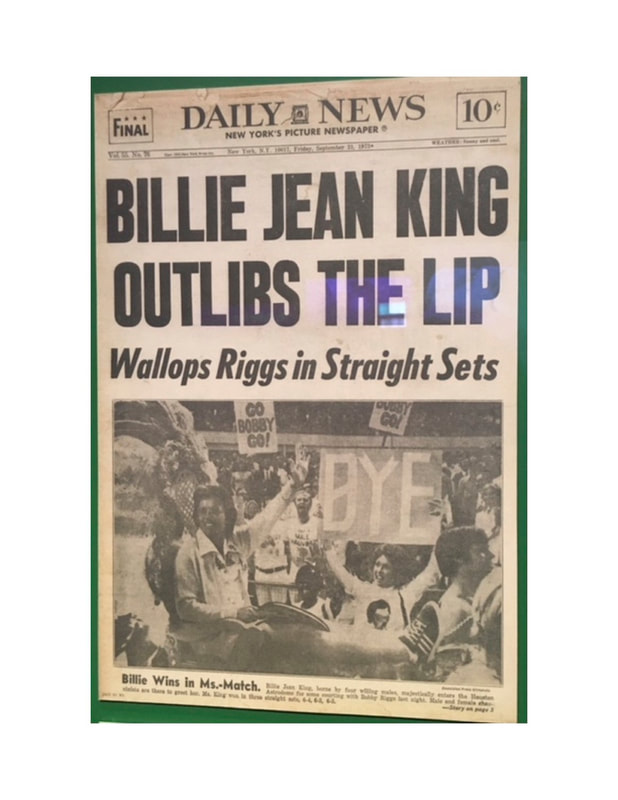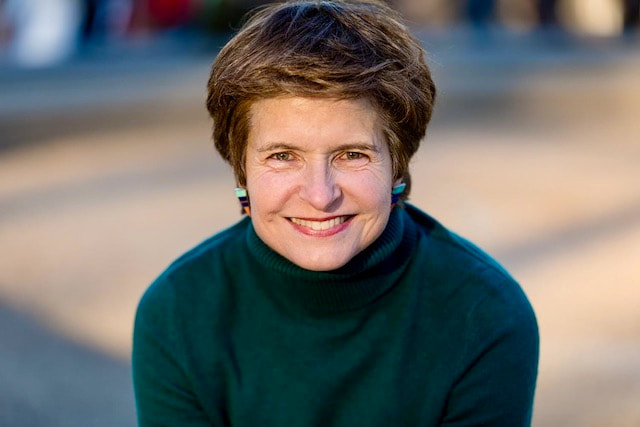|
There are thousands of great coaches teaching kids and adults how to play a sport, motivating them with enthusiasm and dedication to learn the rules and excel at the game. Teamwork, sportsmanship, a strong “work” ethic and development of other important lifelong skills are a natural outgrowth of working with a good coach.
But we’ve definitely had our share of recent news about bad coaches. Iowa just fired its longtime football strength and conditioning coach, Chris Doyle, after numerous players accused him of abusive behavior, including racist comments. And last month, Salim Valji reported in The New York Times that Bill Peters, a former coach in the National Hockey League, was accused of referring to a player, Akim Aliu, with a racial slur. Peters resigned shortly after the accusations. For years, women’s gymnastics coaches have been brutal with their young athletes. According to Juliet Macur, a top coach for the Olympic champion Laurie Hernandez was recently suspended for eight years for emotional and verbal abuse. Another gymnastics coach was suspended in May after a complaint was filed — with input from 33 gymnasts, nine associated family members and five coaches — listing a litany of abuse spanning 15 years. Then there are the runners, like Mary Cain, who spoke with T Minsberg about working with coach Alberto Salazar, saying he had physically and emotionally broken her spirit. Cain recounts that she stopped menstruating for three years, broke five bones due to osteoporosis, and began to feel suicidal as a result of his treatment. Salazar, who has apologized for his “callous remarks,” has been barred for four years for violating anti-doping rules. He has denied abusing Cain. But — much like the #BlackLivesMatter and #MeToo movements — shortly after Cain shared her story, many other runners stepped forward to share their own stories and criticize Salazar’s methods. Basketball and soccer are not immune from claims of bad coaches, whether in the professional or amateur arena. And kids are particularly prone to the consequences of bad coaching. As reported in The New York Times, of the more than 45 million children engaged in youth sports, an estimated 70% will drop out by the age of 13. Why? A big reason is that many of the kids’ coaches are inexperienced, with little relevant training. They often focus on winning, rather than learning and development. “I have watched coaches scream at their team of 10-year-olds that they weren’t aggressive enough,” reports Dr. Jennifer Etnier. Of course, this is not to say there aren’t thousands of good coaches. Take Muffet McGraw, the Hall of Fame coach and a champion for women all over the world, who retired in April after 33 years coaching the women’s basketball team at Notre Dame. Or Perry Fewell, the head coach for the Carolina Panthers, who was recently promoted to an important position in the NFL according to El belson. This said, the era of patiently absorbing the humiliation, torment and abuse of a coach — much like the torment and abuse of police officers or movie moguls — should be over. If you’re looking for a good sports coach, especially where young people are involved, remember that a winning record doesn’t necessarily mean a “winning” experience in which your growth, joy and confidence are nurtured. These qualities should remain paramount in the minds of anyone seeking a coach, whether for sports, careers or other matters.
0 Comments
 In September 1973, Billie Jean King, the world’s number one tennis player, played ex-champ Bobby Riggs, who had boasted that — even at age 55 — he could beat any woman. King was reluctant at first to take on the challenge but, as people know from watching “Battle of the Sexes” or living through that era, she walloped Riggs in three straight sets in front of 90 million TV viewers. Apart from this well-televised victory, King was the first sportswoman to top annual earnings of $100,000. She broke down barriers in her push for equal prize money for women. On a very different playing field, Janet Yellen became the first woman to serve as chairman of the Federal Reserve Board since it was founded 100 years ago. Unlike King, Yellen rarely inserts herself into the "gender wars,”* but has become an icon to many because of her intellect, even-keeled demeanor, fierceness and ability to get the job done. Even President Trump, who is replacing Yellen despite her successful tenure on the Board, said she is an “absolutely spectacular person.” Women need strong women role models in their careers and in life. Both King and Yellen fit the bill; in their respective worlds and eras, they were up against men, performed at their best, stayed calm, overcame hurdles and won in more ways than one. The US Open Tennis venue is named after King, and books, movies and museum exhibits, like the current one at the NY Historical Society, highlight her accomplishments. Yellen, a powerful woman in a tough job, has capably shaped US economic policy for years, following the crushing recession of 2008, and the economic path she charted is likely to be followed by her successor. There are many role models, male and female, and their influence can be strong and inspiring. Fortunately, we don’t lose them when they take leave of their “game” or the world's stage. Think of Eleanor Roosevelt, Sally Ride, Ann Richards, Winston Churchill and Derek Jeter to name just a few. As the new year starts, may you enter it with your own good and vibrant role models who speak to your soul and to an excellent vision of yourself. And make sure you also are a positive role model for those coming behind you. Read, "A Feminist Hero, Not by Design" (The New York Times) Going, going... and the coach is gone.
Before last week, the Giants' much-heralded and popular football quarterback, Eli Manning, had started in a staggering 210 consecutive games. Then, on November 29th, Manning was benched by Coach Ben McAdoo, the first time Manning would not start a game since 2004. The fans did not like it one bit even though the team's 2-10 win/loss record was miserable. The next day, the Giants' ownership abruptly fired McAdoo with four games left in the season. (A Giants' coach had not been fired mid-season since 1976, over 40 years ago.) And Manning, despite the Big Blue's poor season, started in the game against Dallas on December 10th. What happened? It appears that part of the reason McAdoo was fired was his poor communication and EQ skills (aka emotional intelligence). "He was stiff, humorless and obsessively guarded at news conferences. His communications skills — with the news media and eventually with many of his players — never developed into a strength." (The New York Times 12/5/17). Without good communication skills, let alone emotional intelligence, building a successful team, a successful fan base or a successful career, is that much more difficult. Eli Manning, I suspect, has excellent communication and EQ skills; his years of success in the game, his enduring (for the most part) popularity with fans, his demeanor on and off the field and his many endorsements of high-end products, all support this conclusion. So does Manning's response to McAdoo's upsetting coaching decision to bench him for a game — no tantrums, no blame game and no bitterness. If you communicate well and have good emotional intelligence, great. If not, you probably are fighting battles you might otherwise avoid and should consider some coaching to get you there. Consider who got the pink slip on the Giants' roster. And, while you're at it, consider why Joe Girardi, who was very successful in many ways, didn't get his contract renewed. |
Margaret EnloeI'm an executive coach who works with clients on leadership and transition challenges, including retiring with enthusiasm and ease. Blog Categories
All
Archives
June 2023
Articles |


 RSS Feed
RSS Feed
